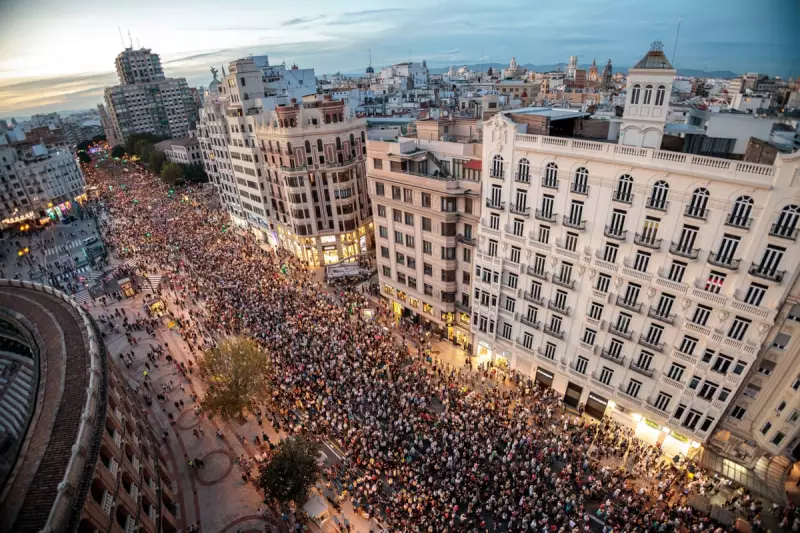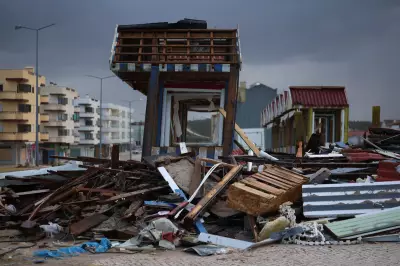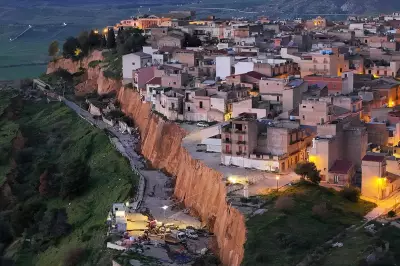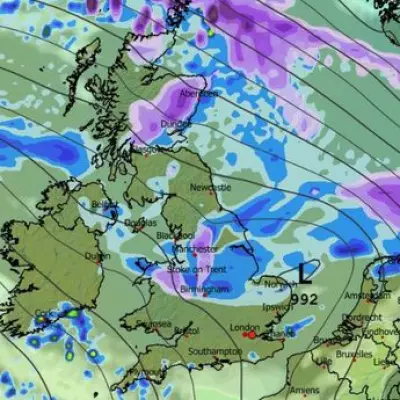
A Community Forever Changed
Twelve months after torrential floods devastated Spain's Valencia region, claiming lives and destroying homes, survivors are speaking out about their ongoing battle for justice and proper flood prevention measures. The catastrophic event that unfolded in October 2024 continues to haunt those who lived through what many describe as "the night everything changed."
The Night the Waters Rose
Emergency services were overwhelmed as record-breaking rainfall transformed streets into raging rivers within hours. Residential areas became death traps, with waters rising so rapidly that many residents had mere minutes to escape their homes. The official death toll reached double figures, though many survivors believe the true cost was even higher.
"We lost everything in minutes," recalls María González, whose ground-floor apartment was completely submerged. "The water came like a tsunami through our streets. We're still waiting for proper answers about why warnings weren't clearer and why prevention systems failed."
Political Fallout and Broken Promises
Regional president Carlos Mazón faces mounting criticism over the handling of both the immediate crisis and the subsequent recovery effort. Many affected residents report feeling abandoned by authorities who initially promised swift action and comprehensive support.
Local community leader Antonio Martínez doesn't mince words: "The politicians came with cameras and empty promises when the world was watching. Now we're left picking up the pieces while they've moved on to other priorities. We need concrete action, not just photo opportunities."
Climate Change: The Unignorable Context
Scientists have repeatedly warned that climate change is increasing the frequency and intensity of such extreme weather events across the Mediterranean. Valencia's tragedy serves as a stark reminder that urban planning and emergency protocols must evolve to meet this new reality.
Key concerns raised by environmental experts include:
- Inadequate drainage infrastructure in rapidly urbanised areas
- Construction on flood-prone land that should have remained protected
- Outdated warning systems that failed to reach all residents effectively
- Lack of coordinated emergency response between different government levels
The Long Road to Recovery
For those who survived the floods, the past year has been marked by bureaucratic battles with insurance companies, temporary housing arrangements, and the psychological trauma of reliving that terrifying night with every rainstorm.
Psychological support services have been overwhelmed, with many residents reporting symptoms of post-traumatic stress. "The sound of heavy rain still sends shivers down my spine," admits construction worker David Ortega. "My children wake up screaming when storms hit. This isn't just about rebuilding houses; it's about rebuilding lives."
A Warning for the Future
As climate models predict more frequent extreme weather events across southern Europe, Valencia's experience serves as a crucial lesson for coastal communities everywhere. The survivors' message is clear: preparation and prevention must become priorities before the next disaster strikes.
The anniversary has become a rallying point for climate activists and community organisers demanding that regional and national governments take concrete steps toward climate resilience. As one placard at a recent memorial vigil read: "Don't mourn the dead—fix what killed them."





